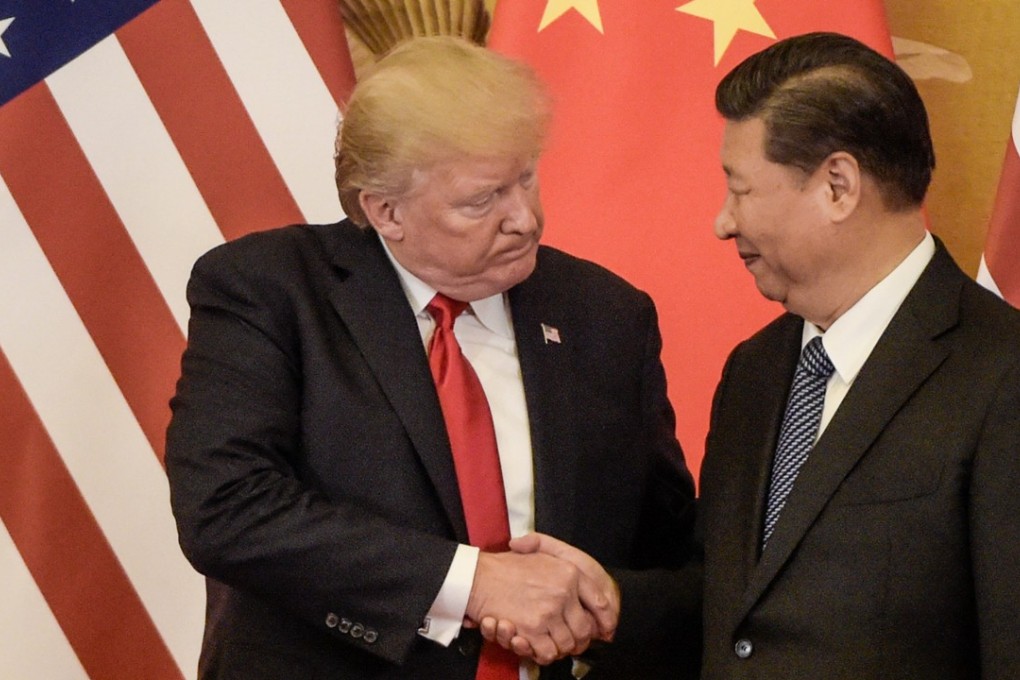US could launch a trade war with China within months, former US defence official says
China needs to make significant moves to rein in North Korea ‘in next few weeks’ or face punitive US trade moves in early 2018, Graham Allison predicts

Signs that the US government may launch a trade war against China are bargaining chips being used by Donald Trump’s White House to force Beijing to do more to contain North Korea’s nuclear weapons programme, a US political scientist and bestselling author said.
Graham Allison, a former dean of the Kennedy School of Government at Harvard University, told the South China Morning Post that unless China took significant action to constrain North Korea “in the next few weeks”, the United States would hit China with unilateral trade measures “early in the new year”.
“If the Trump administration undertakes these unilateral initiatives, the Chinese government has already said it would retaliate,” Allison said. “So we could – in six months – find ourselves in a trade war that would be very damaging to both countries.”

Allison argued in his book, Destined for War, that war between the US and China in the decades to come was “much more likely than currently recognised” unless the two nations found an escape from the “Thucydides Trap” – Allison’s term for the natural, inevitable conflict that occurs when a rising power threatens to displace a ruling power.